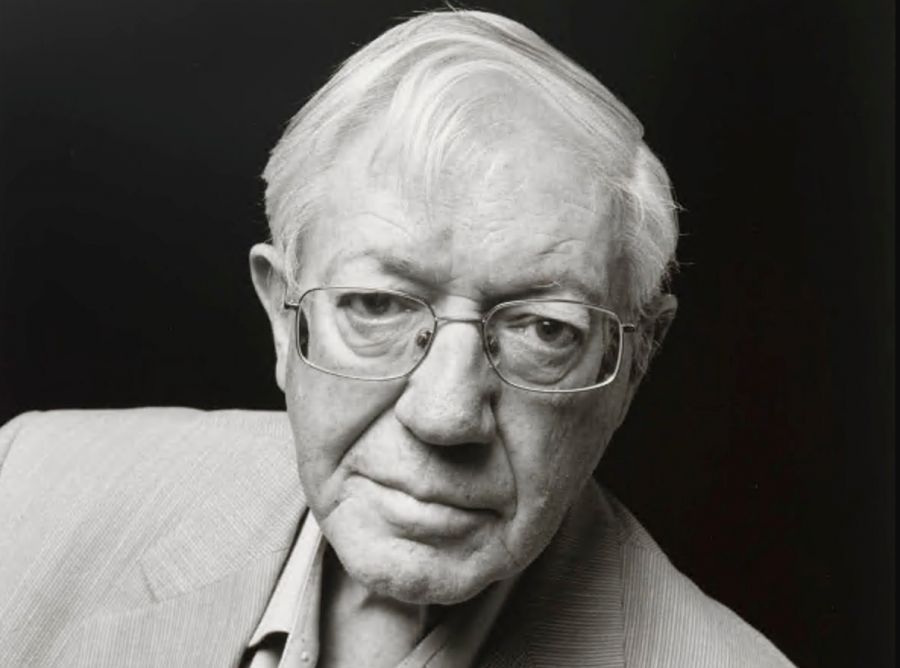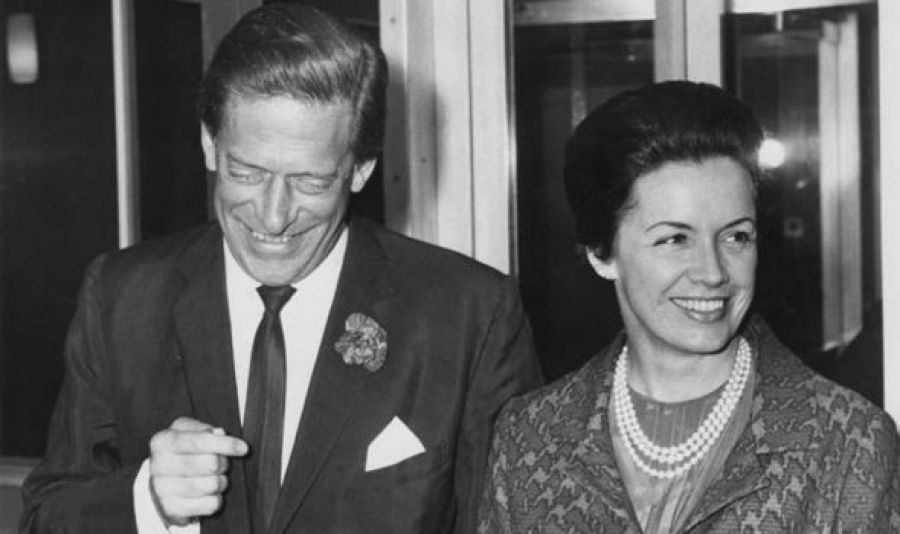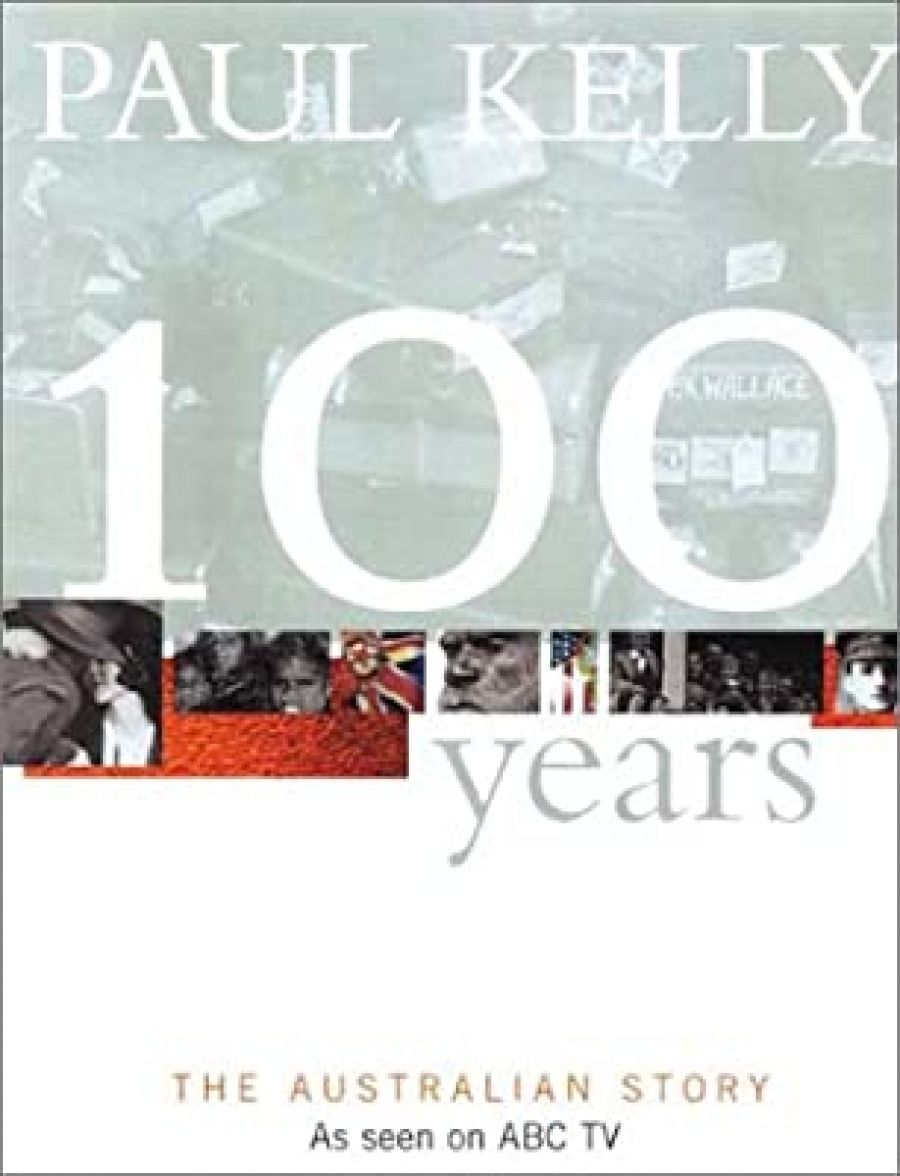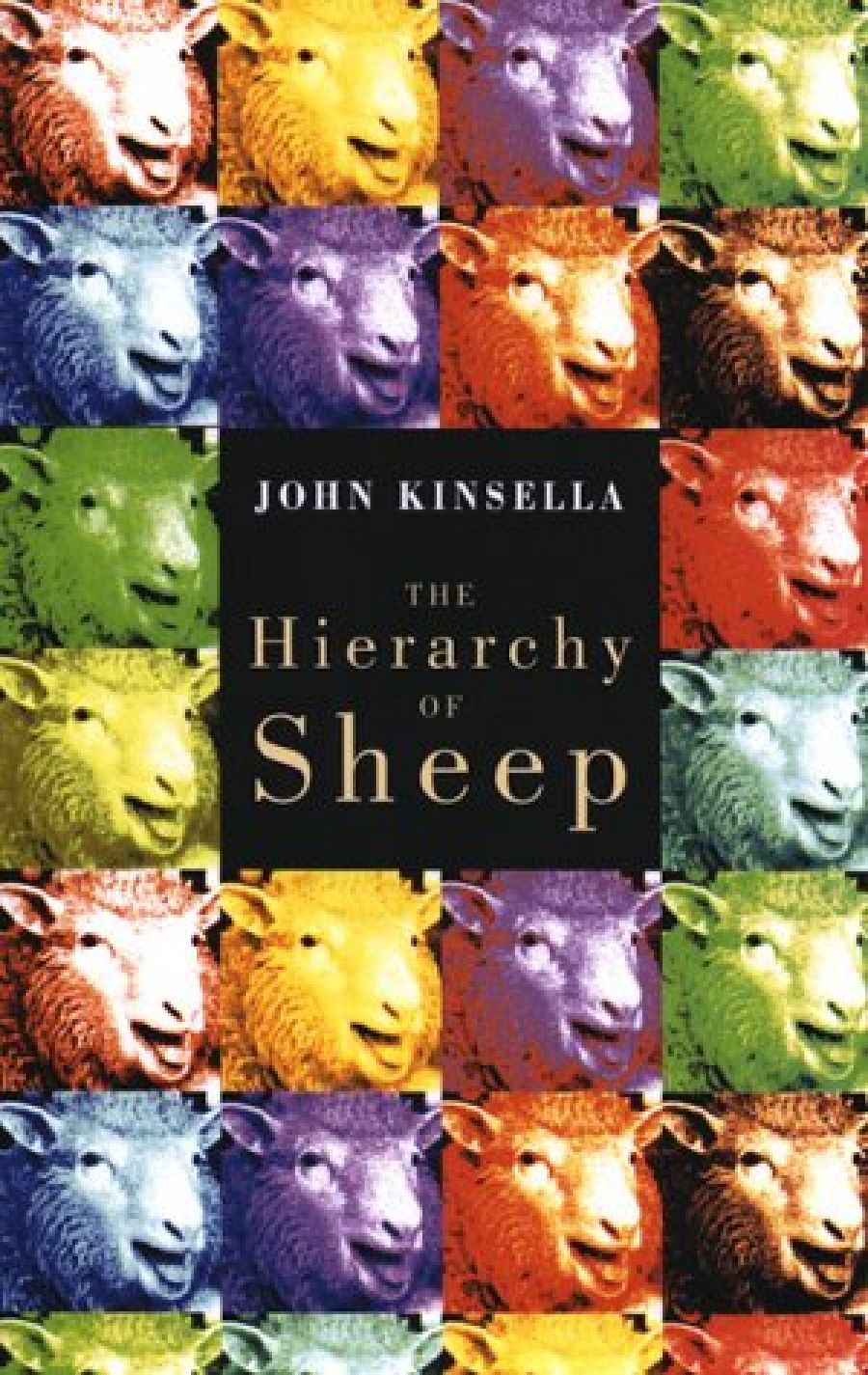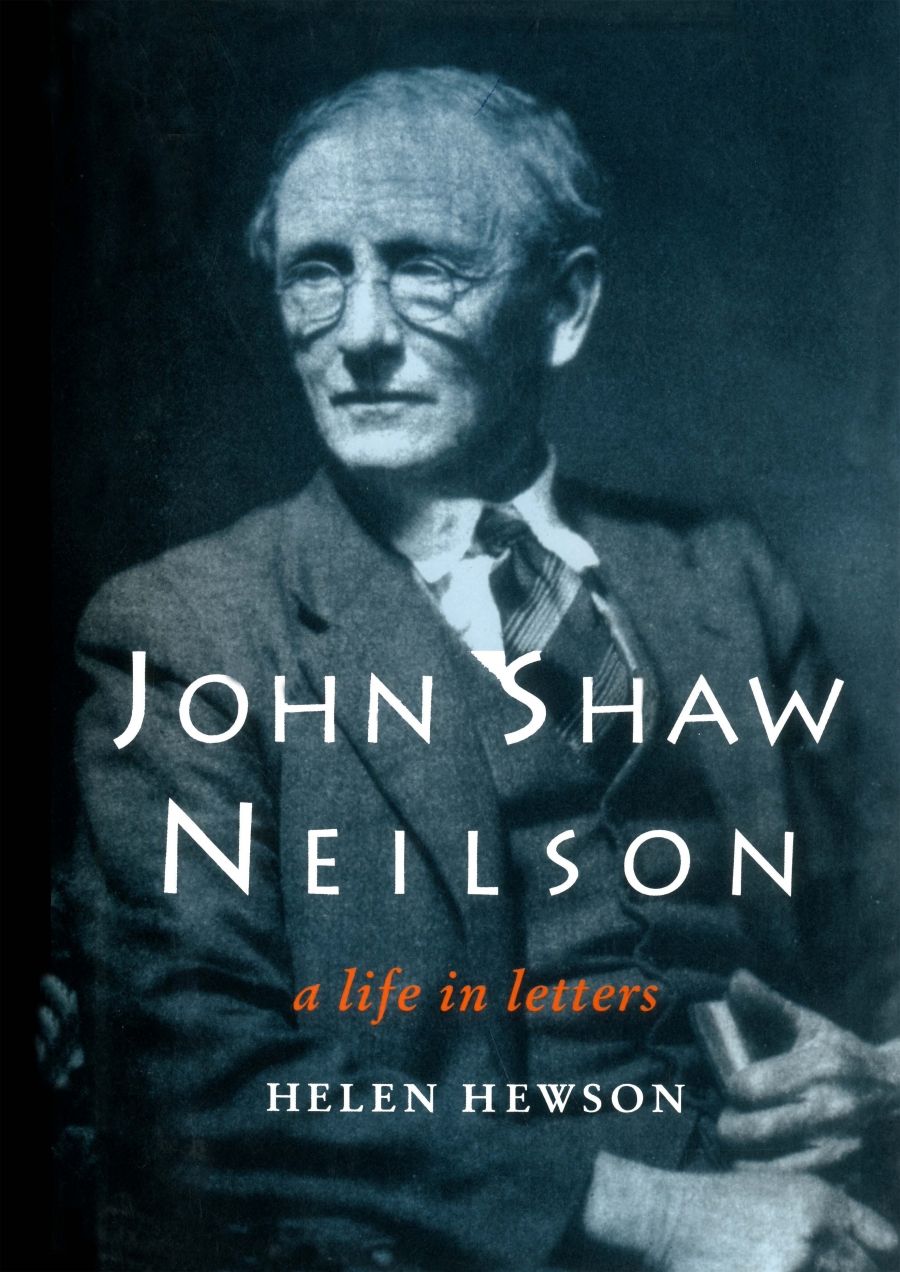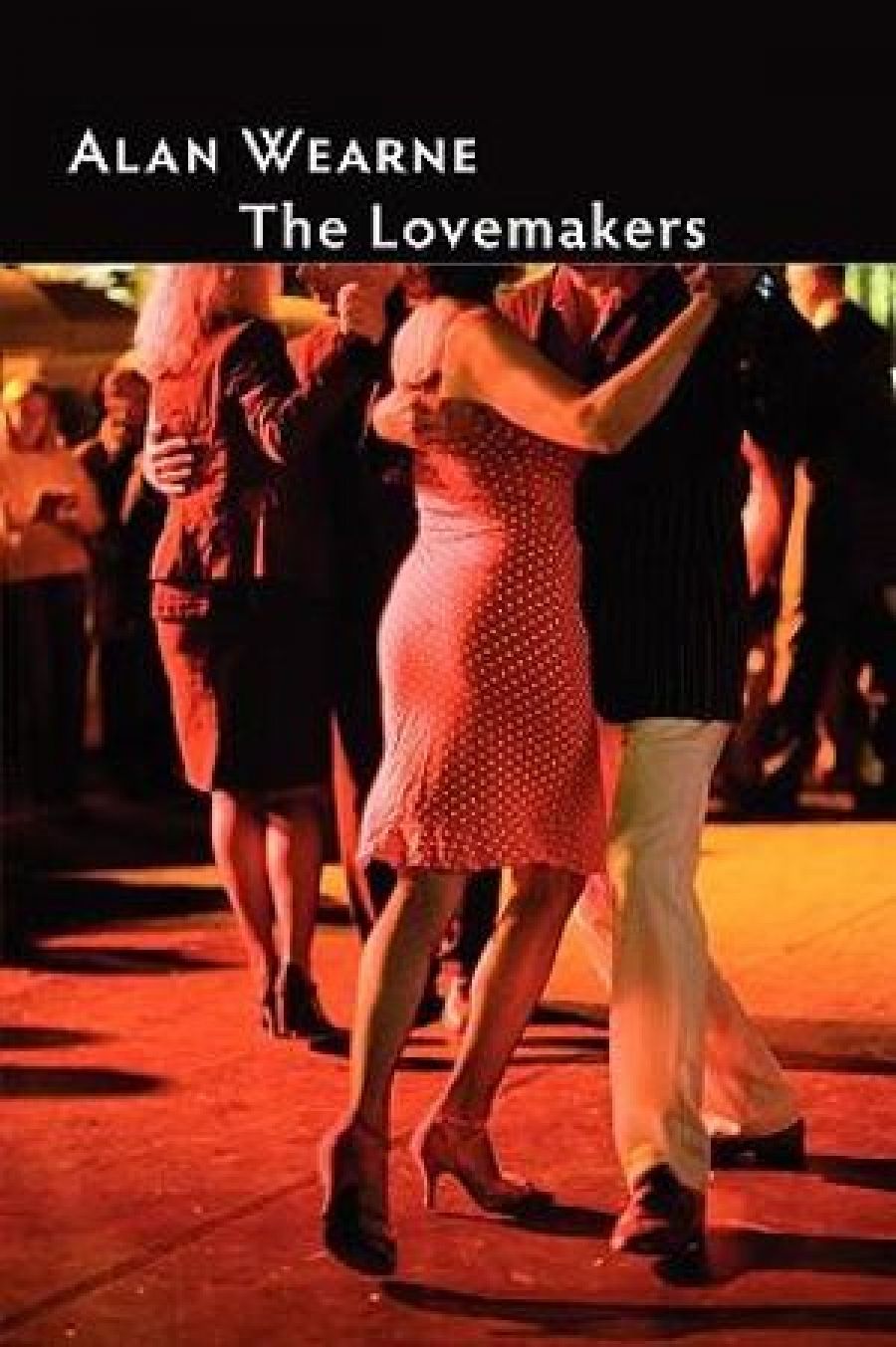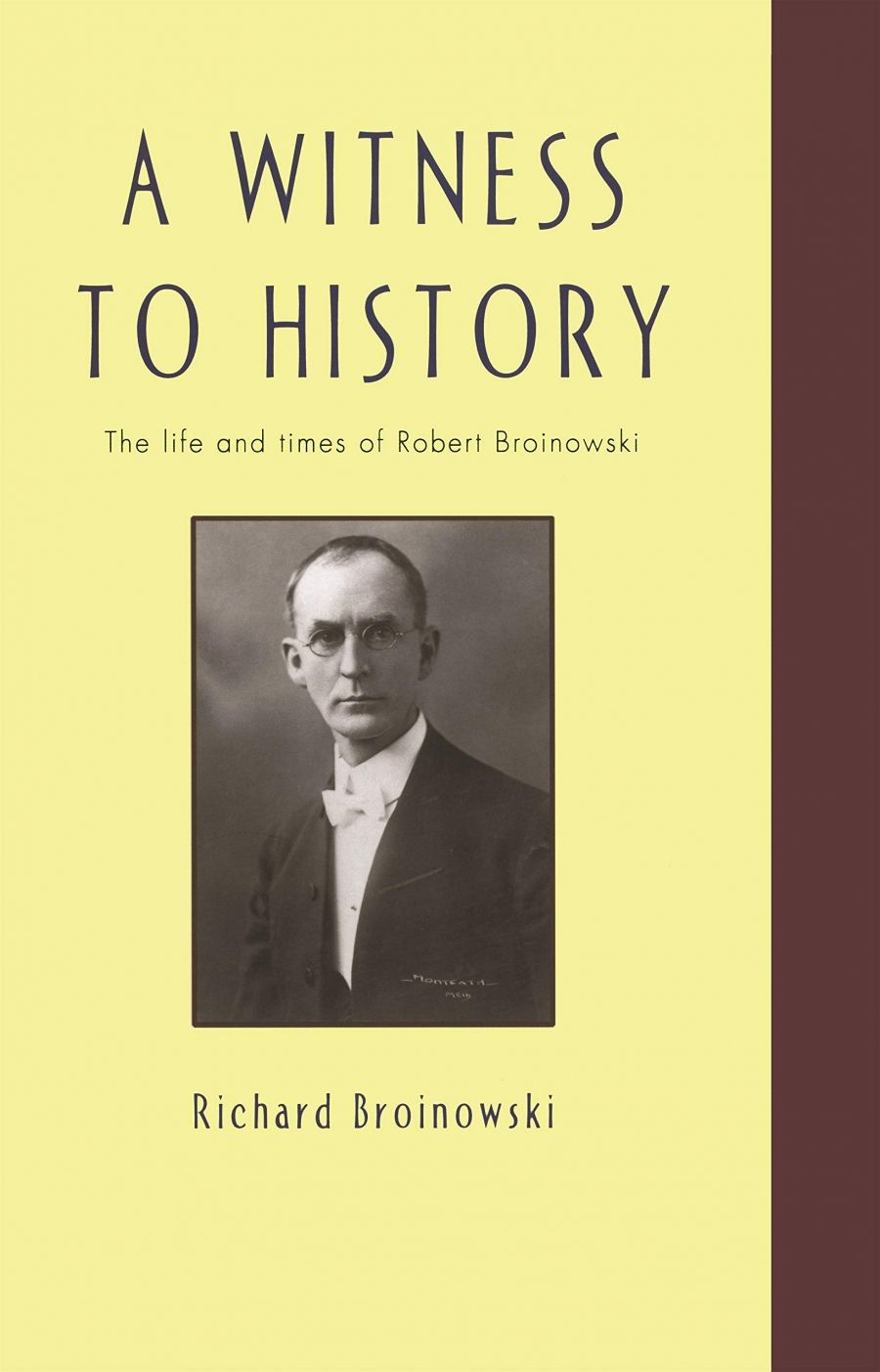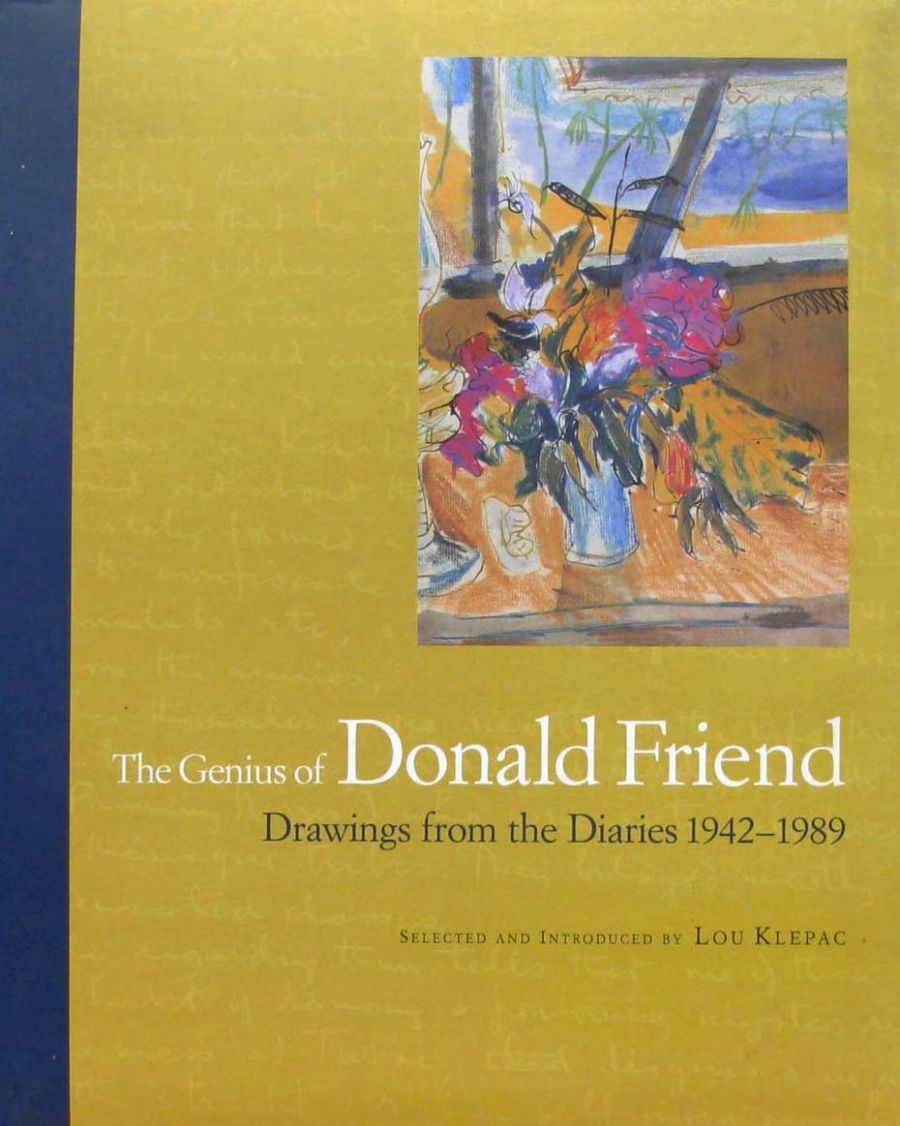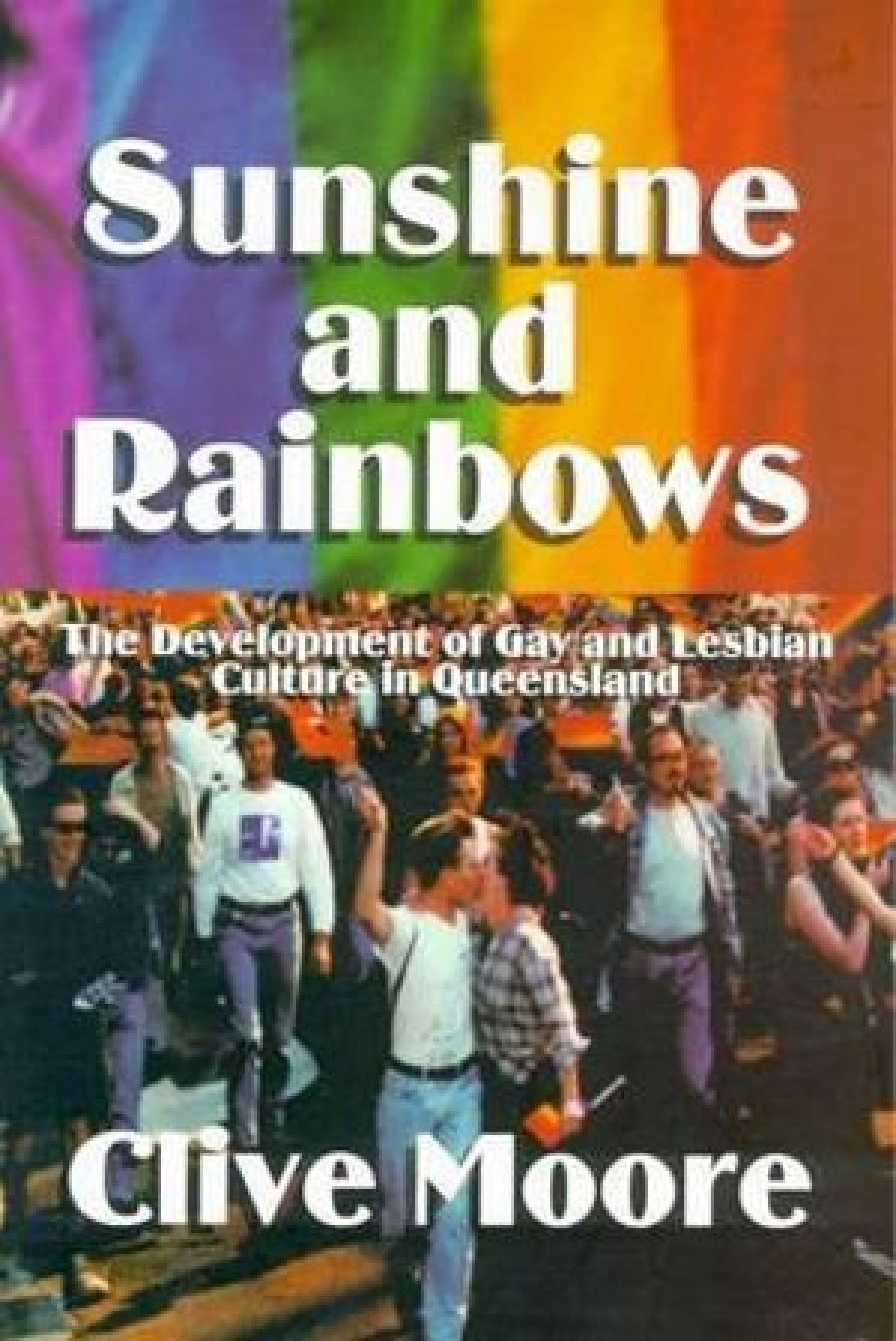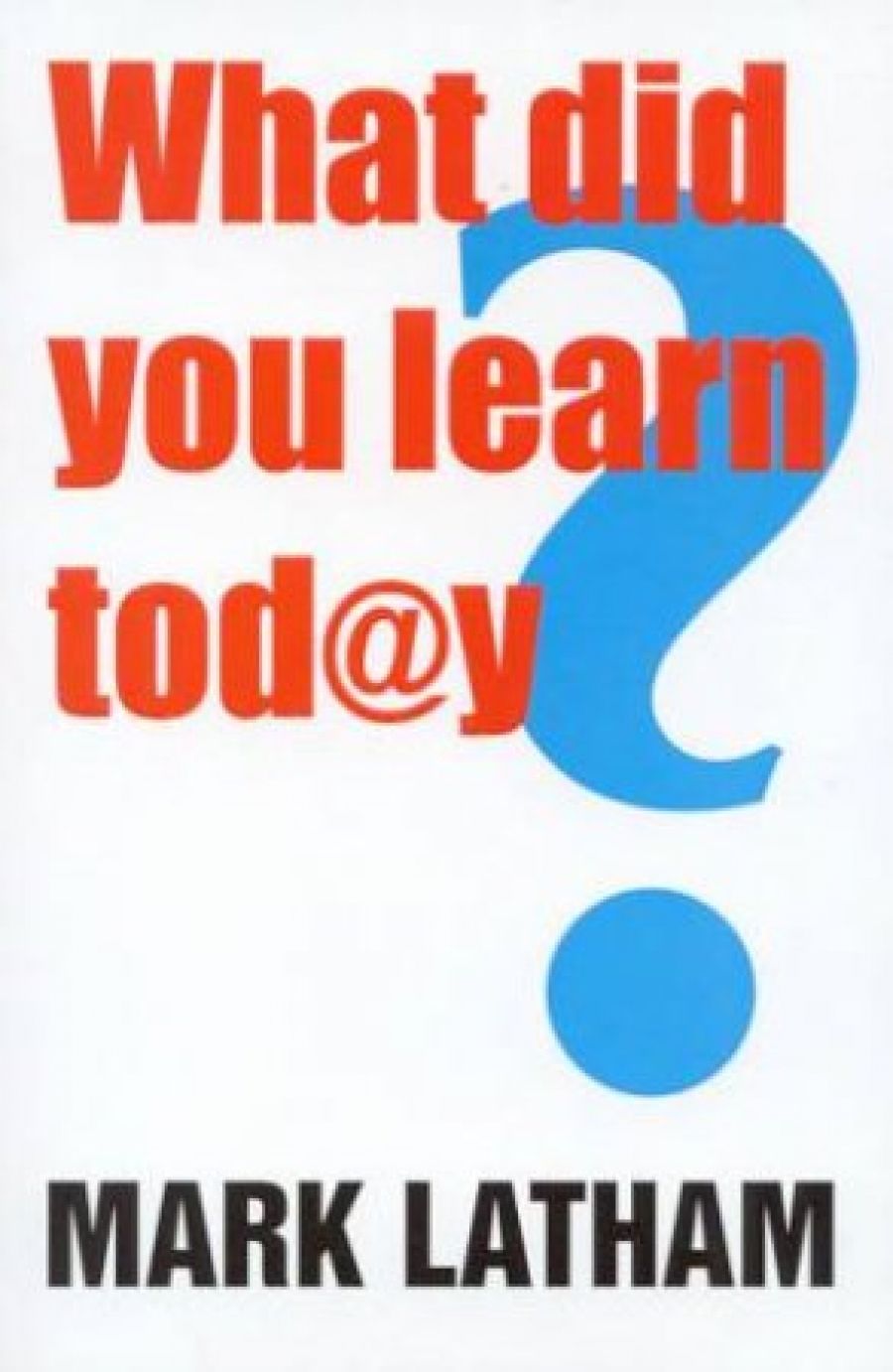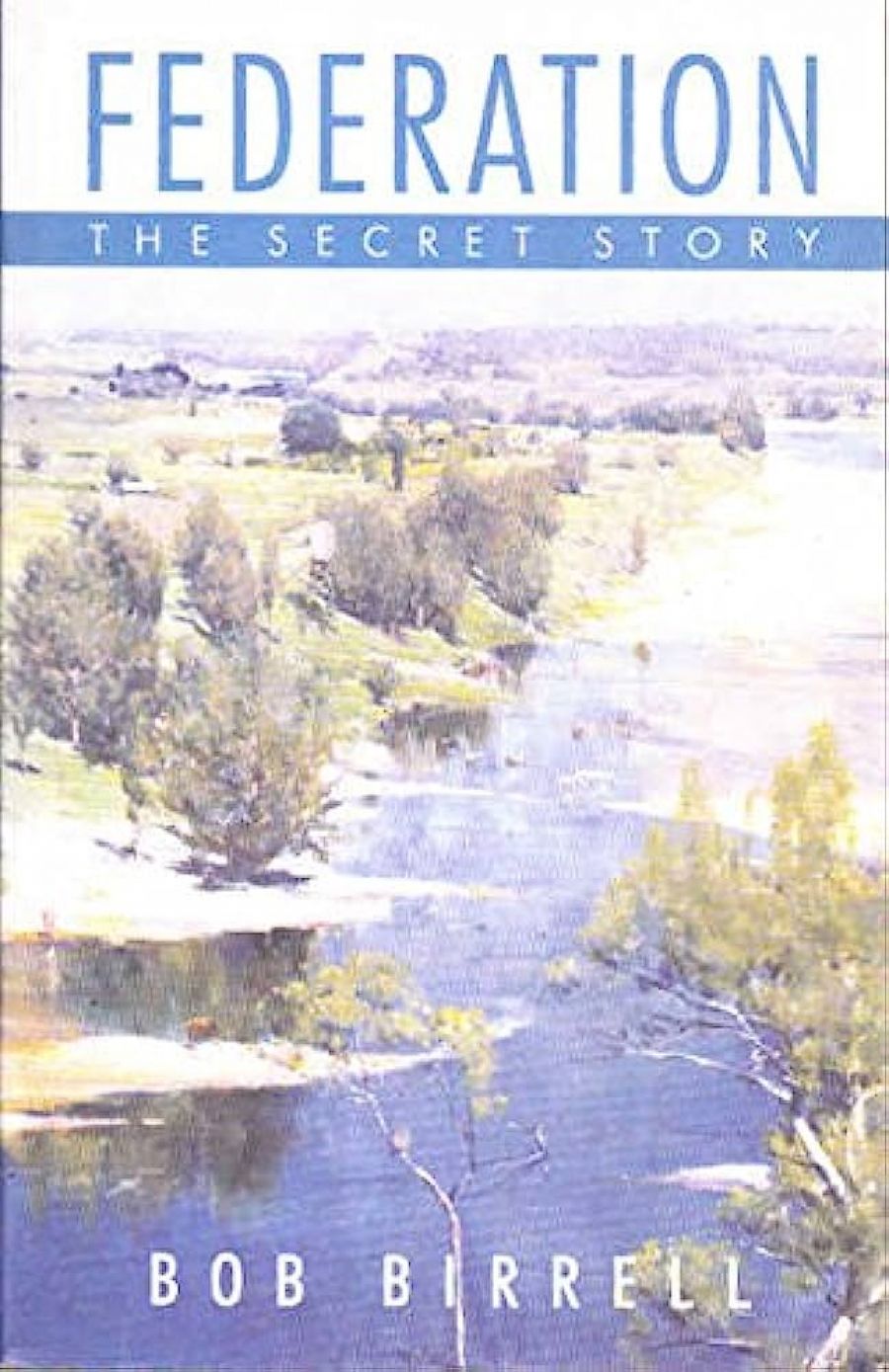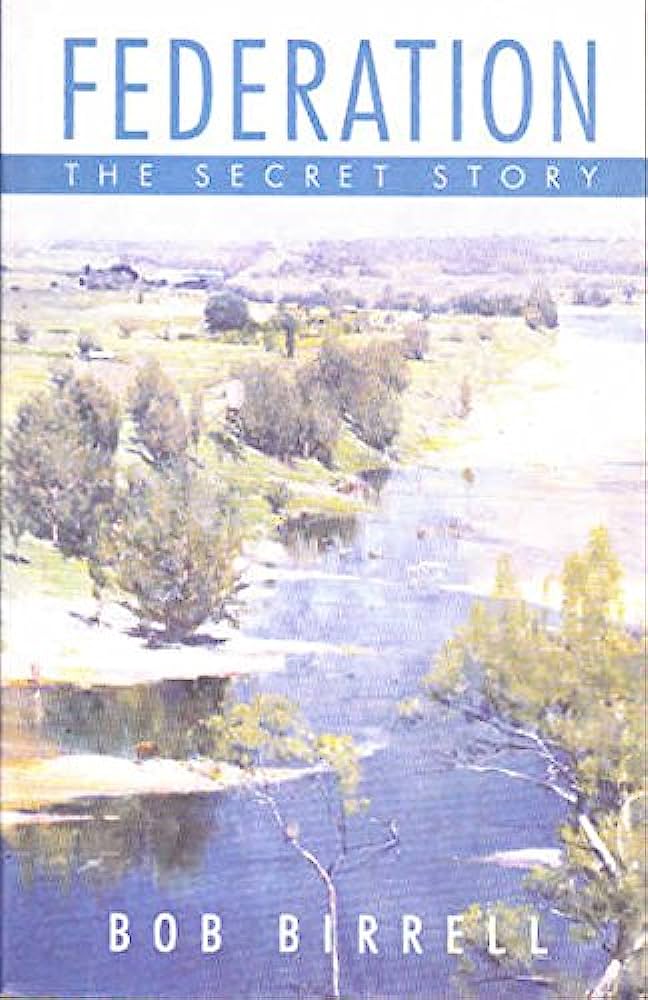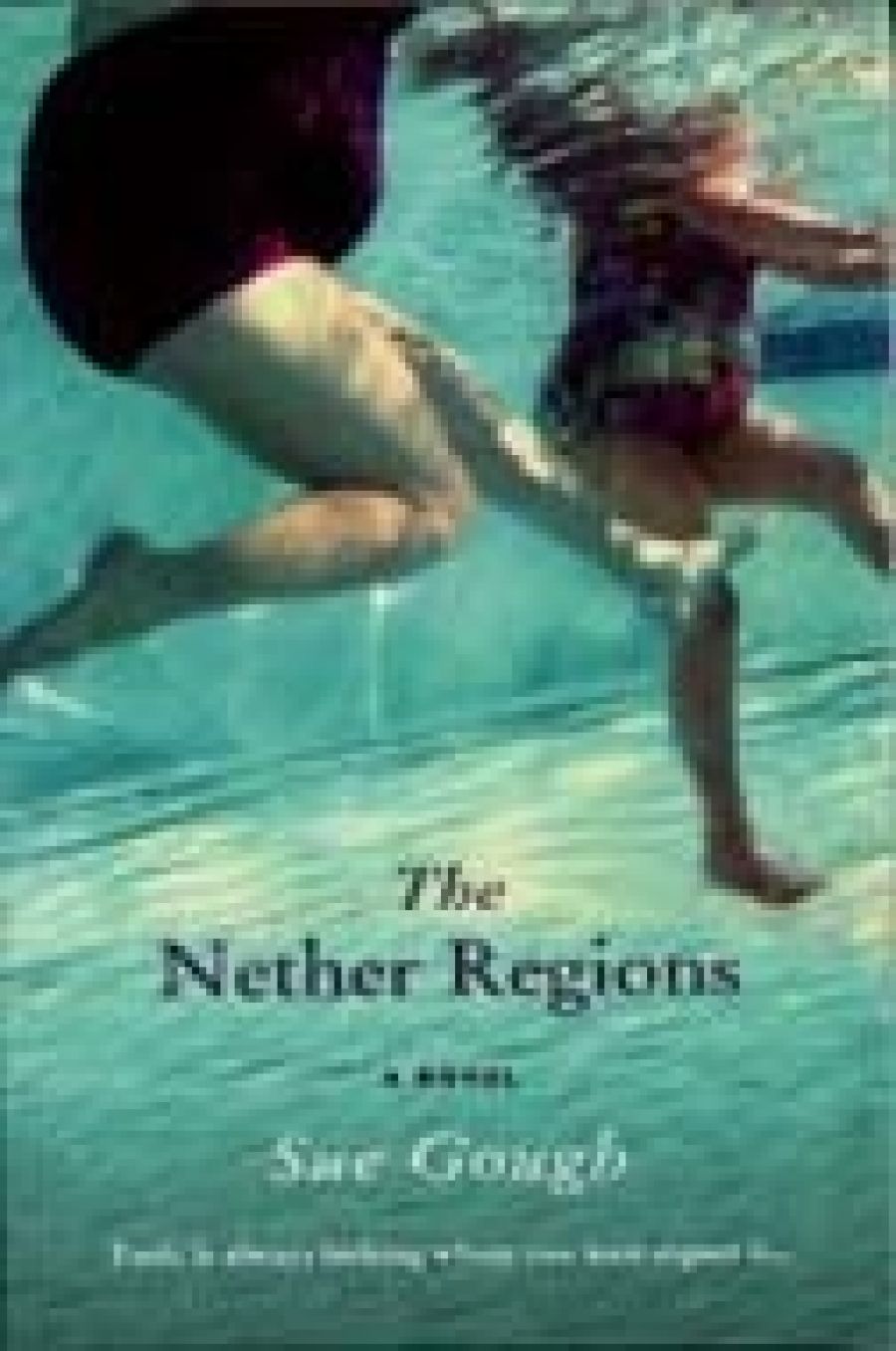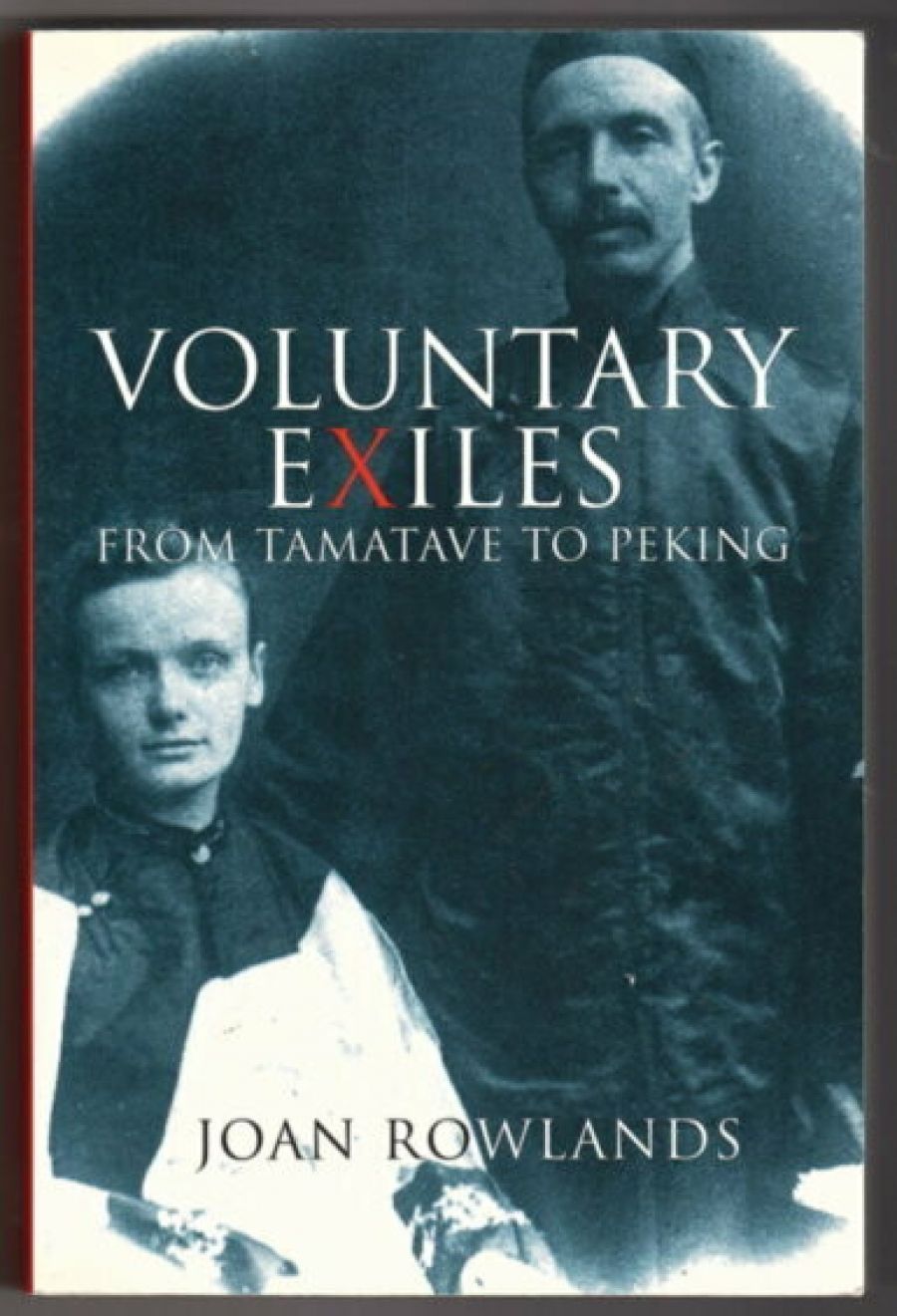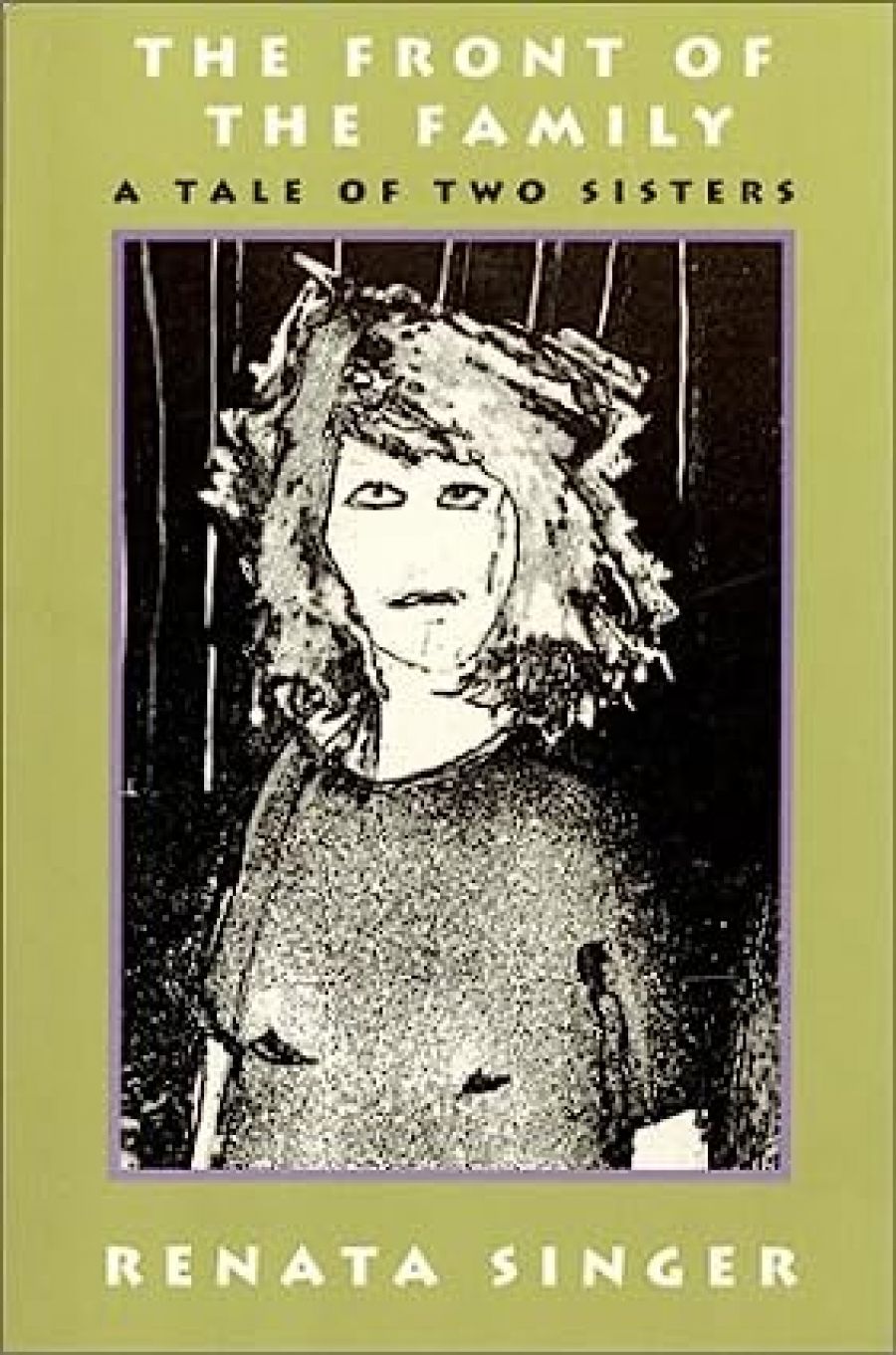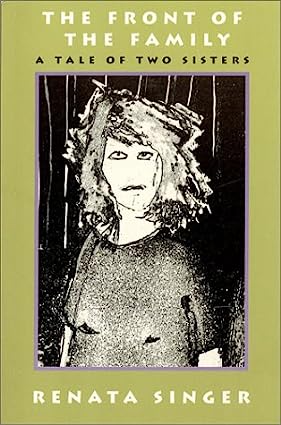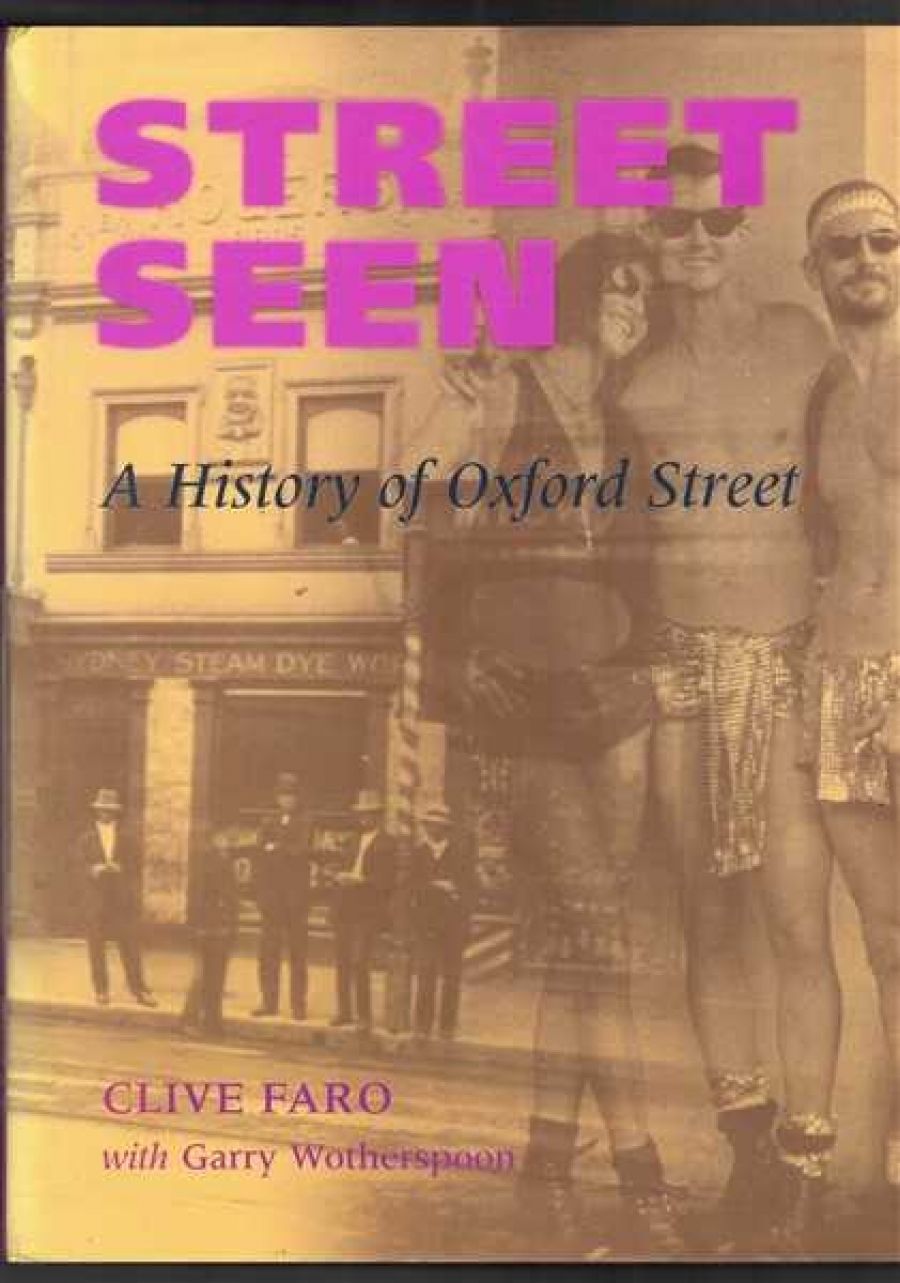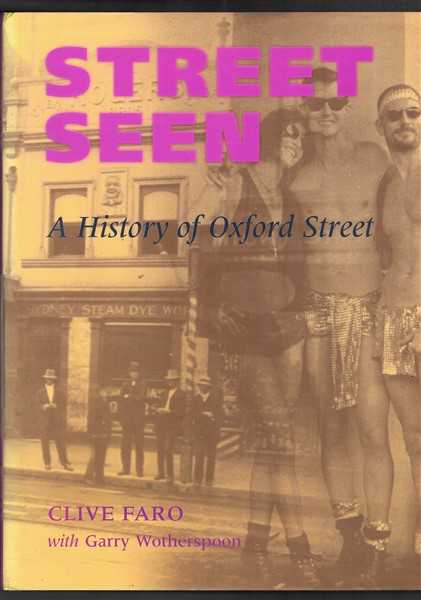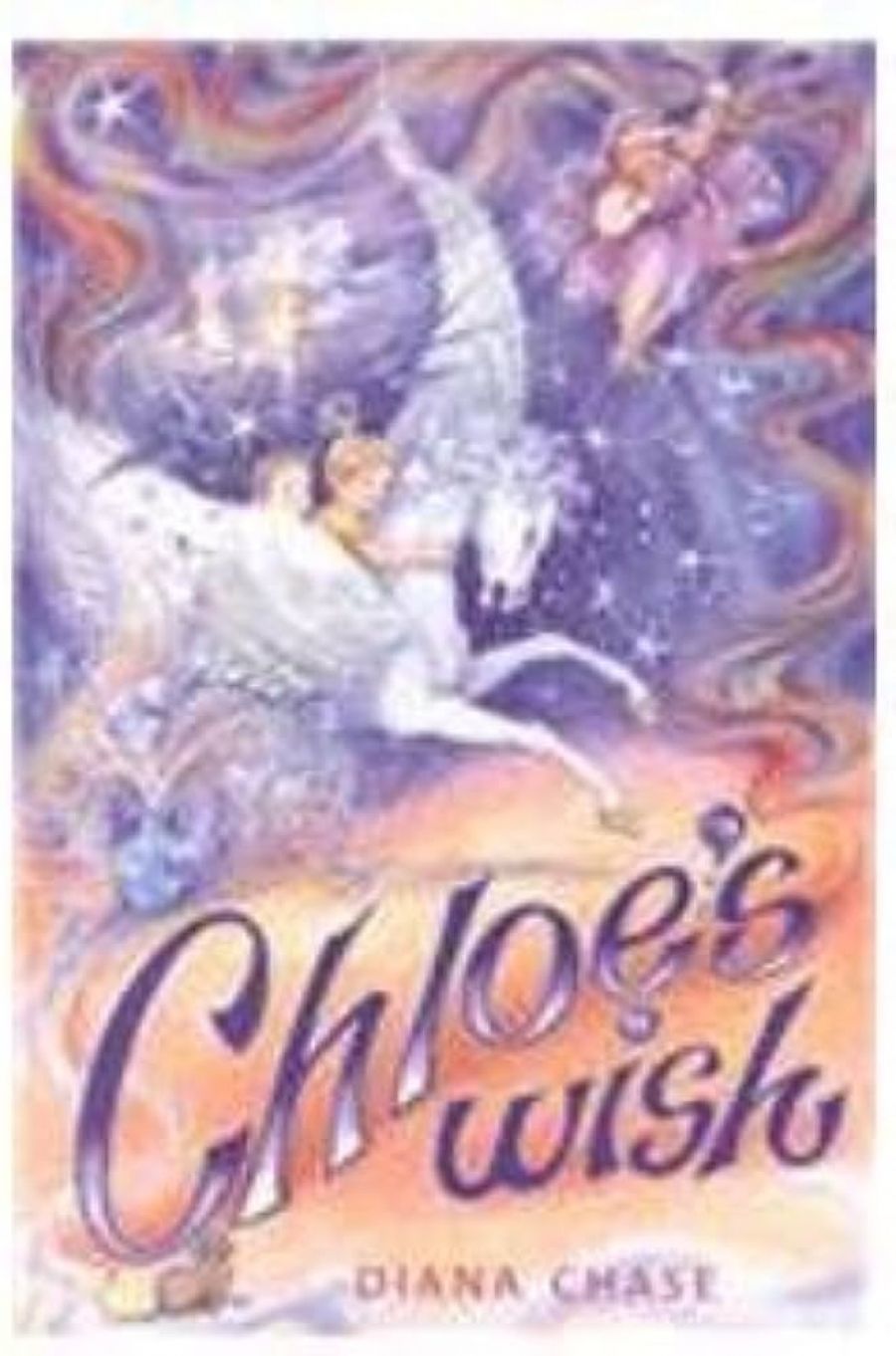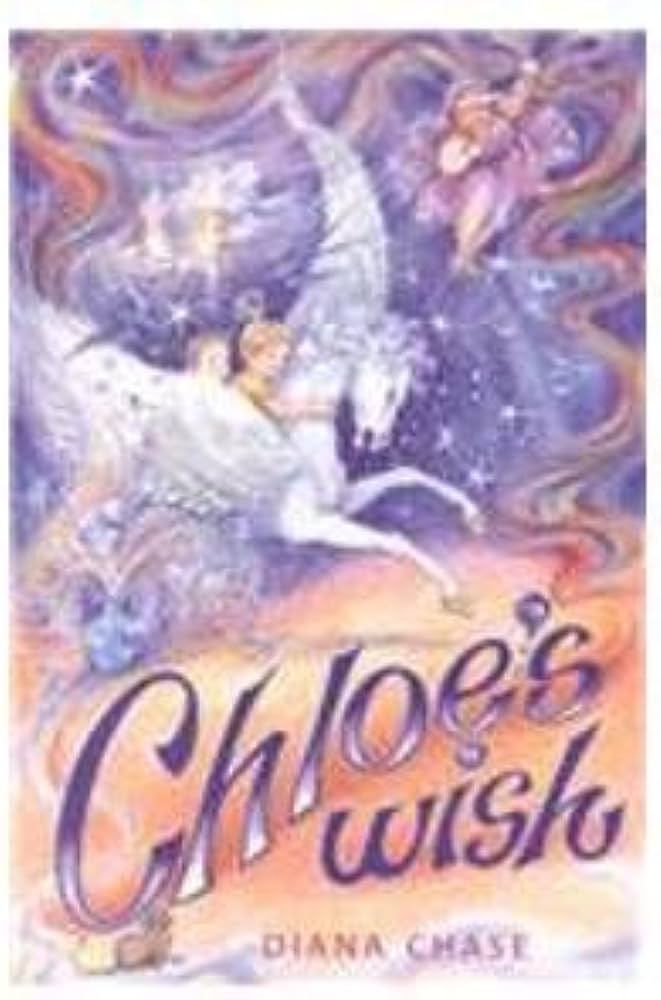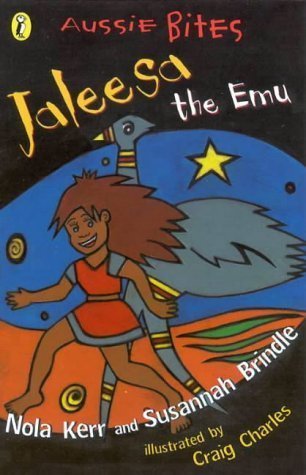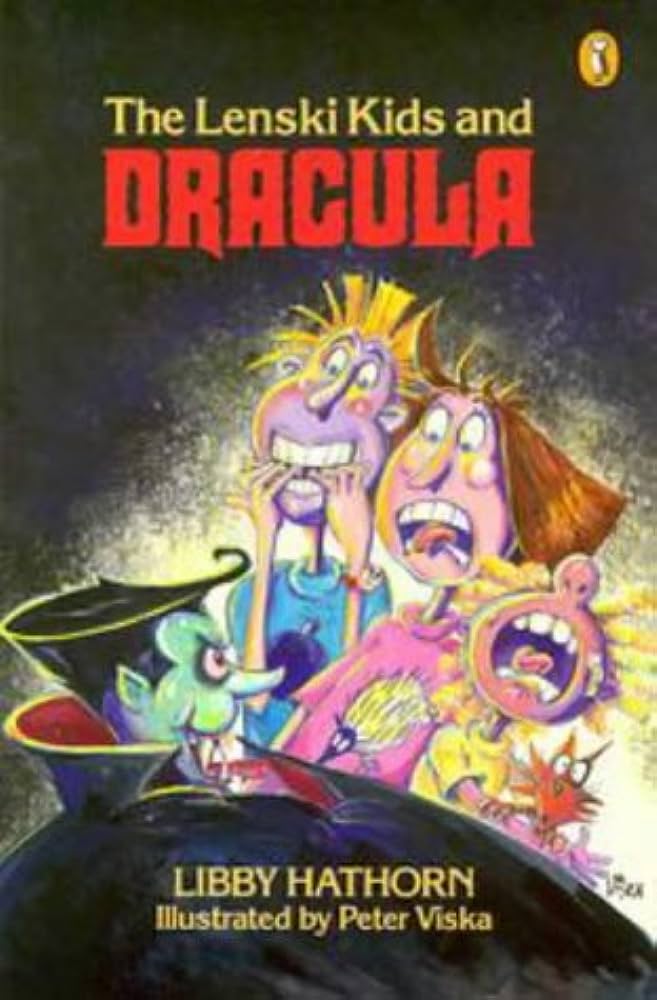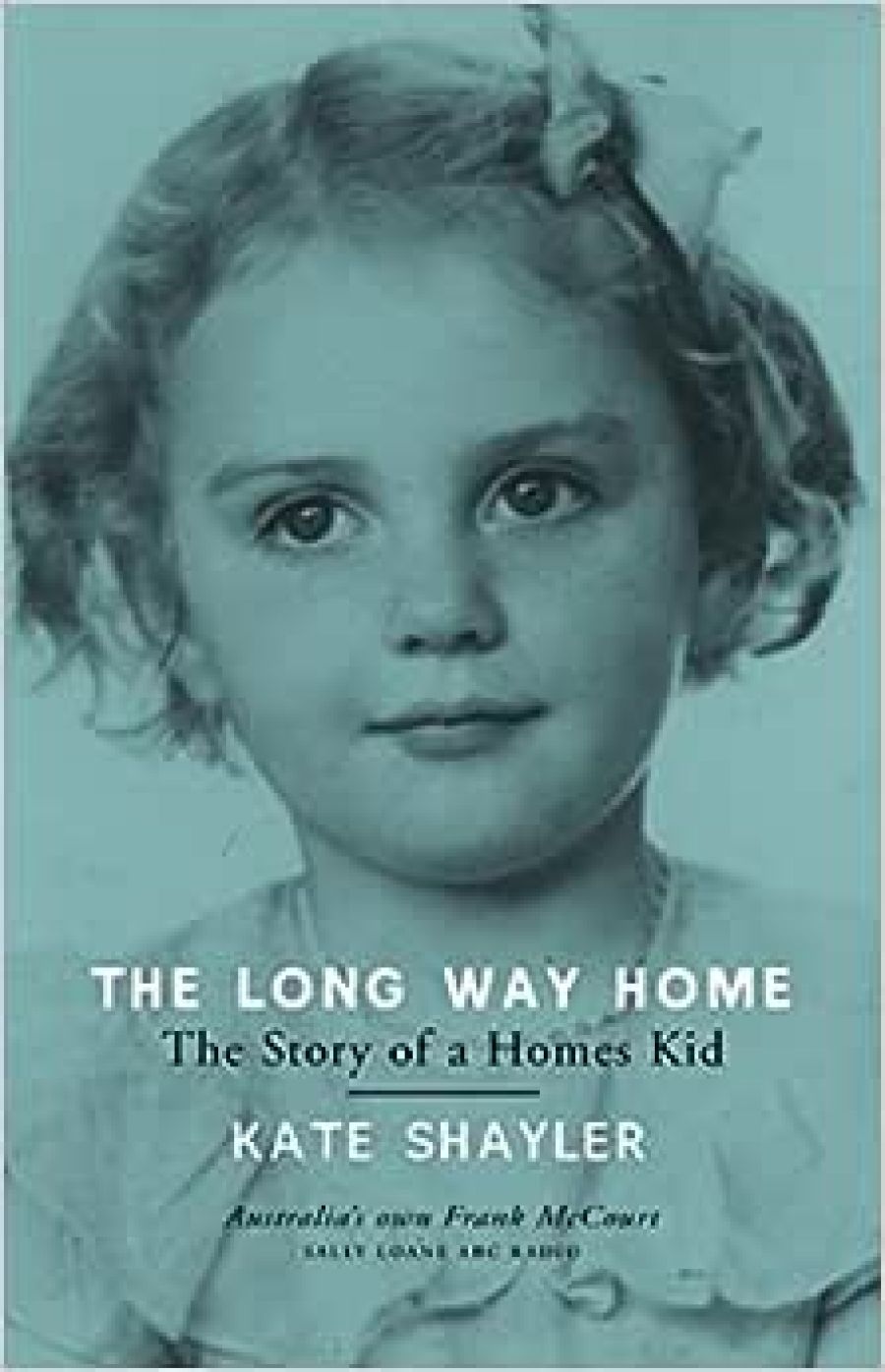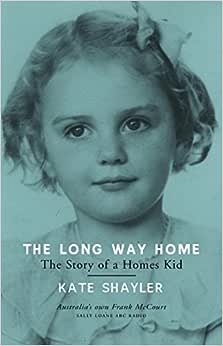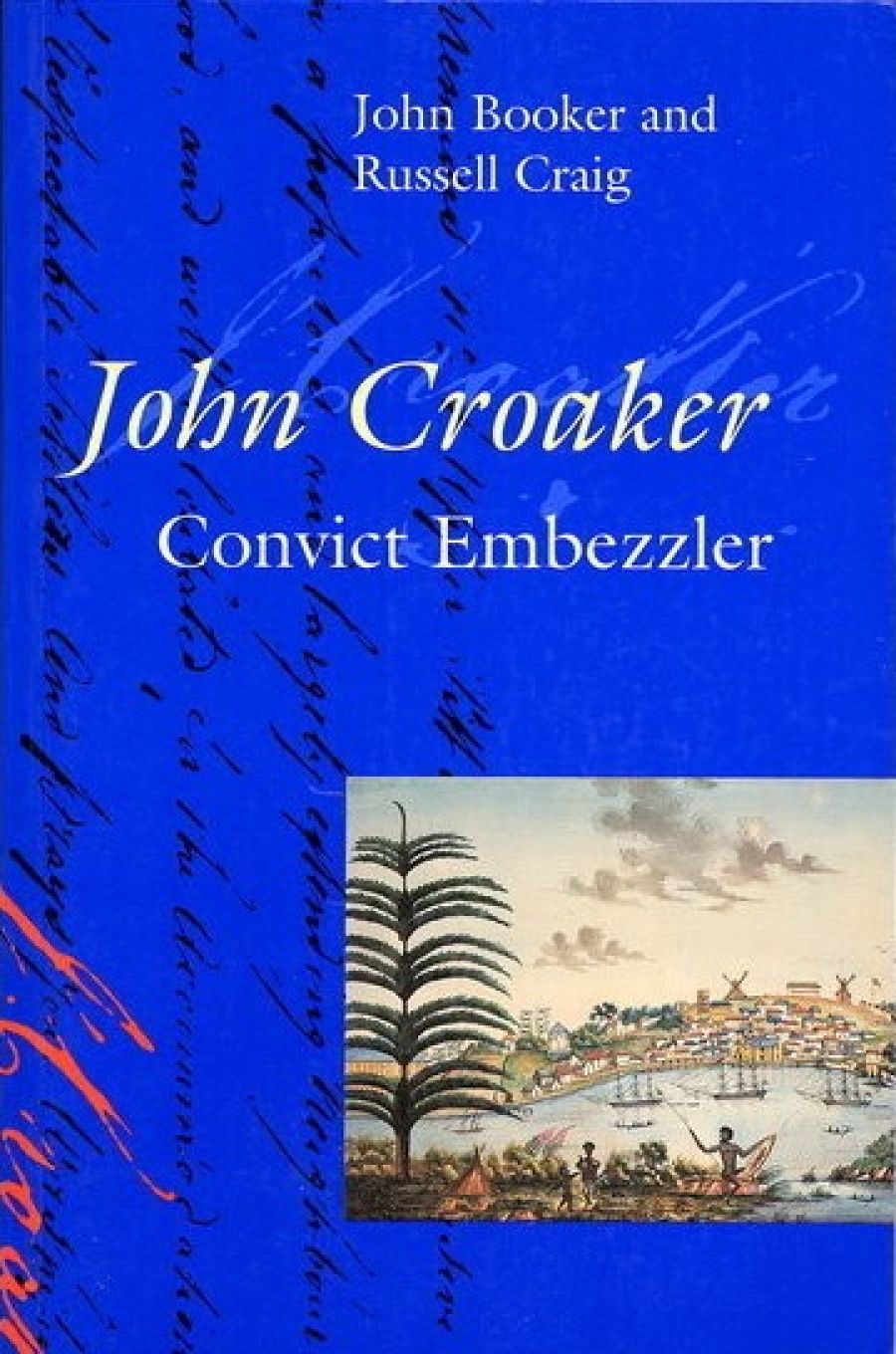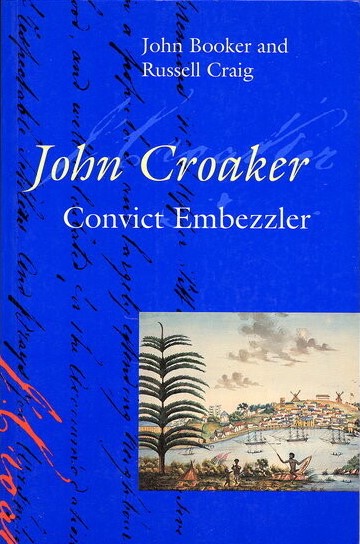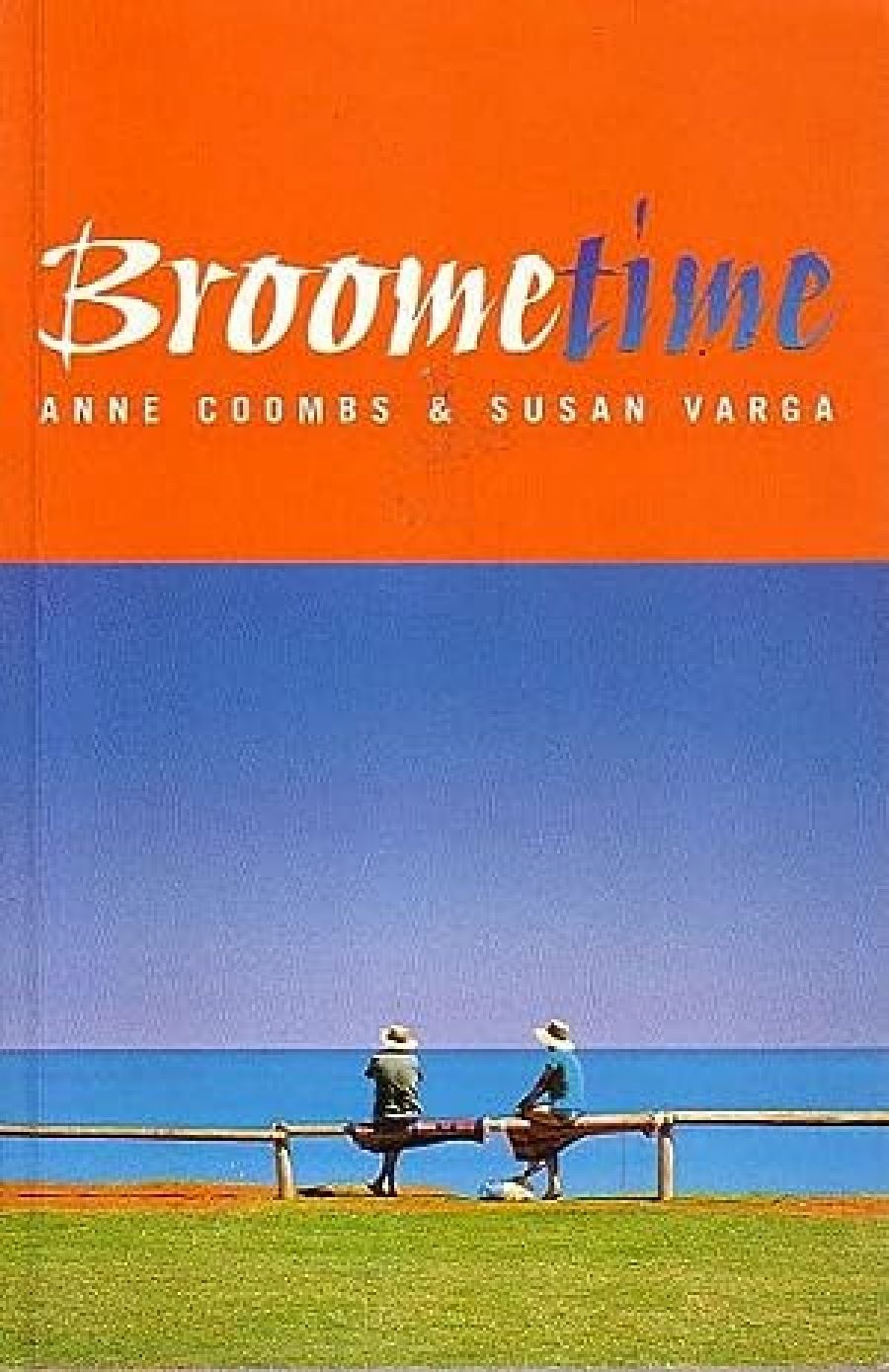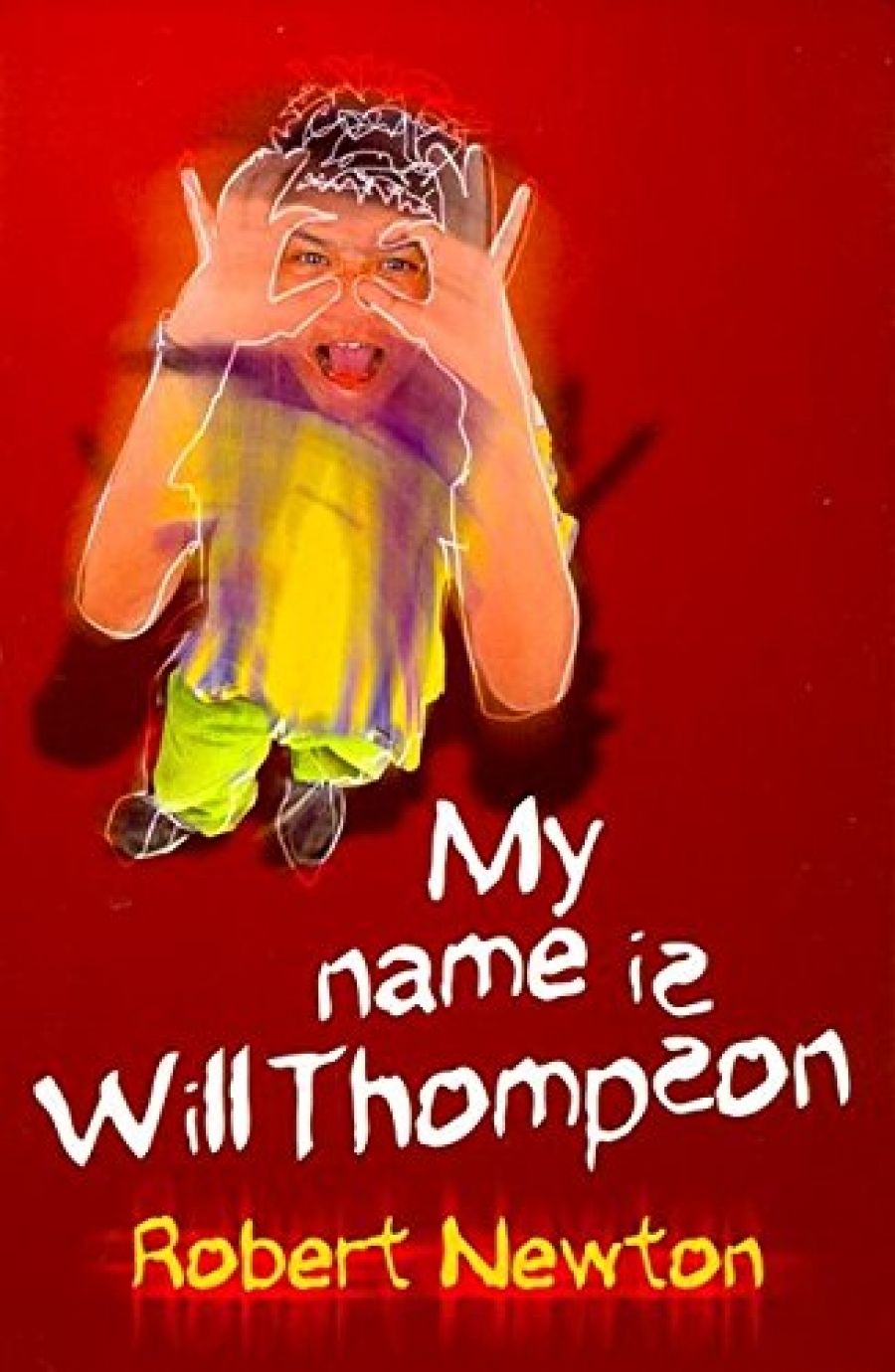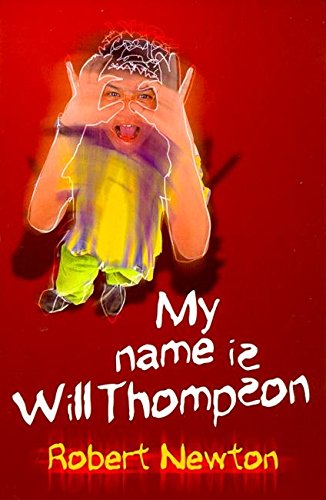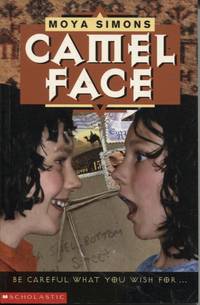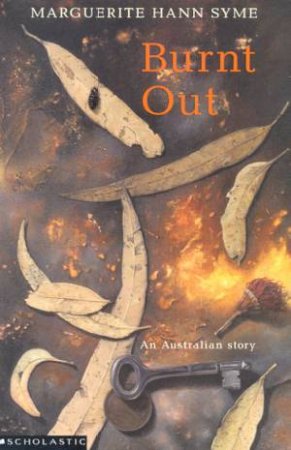This book, John Croaker, is a work of convict biography. Its authors are of the opinion that we could do with a deal more convict biography. But convict biography with a difference. Though ‘a well-established medium’, the need is, we are told, to go beyond assessments of ‘colonial figure-heads’, for ‘it is time to examine the men and women on whom the limelight only flickered’.
I agree. We will only really understand the nature of our national and regional origins when we cease to see early colonial history as a story exclusive to the powerful, the colourful, and the otherwise idiosyncratic. We will know how it was (as far as it can be known) when we can add the perspective of those who have hitherto been ‘sub-history’ – the clerks and labourers and small farmers, often convicts but sometimes not, who went to lonely graves in a far and foreign land, and from whom a great many of us are descended.
So who are these authors, Booker and Craig, who have gone to bat for such a radically democratic historical praxis? Well, one is the Group Archivist for Lloyds TSB Group in London, and the other is Professor of Accounting at ANU, that’s who. And they have produced a meticulous and beautifully written work of democratic history, exhaustive (but not exhausting) in its attention to detail.
There is a slight problem here, though, and it points strongly at why so little biographical work is done within the lowly realms of colonial sub-history. This is the inevitable lack of anything approaching a full life-record for one’s subject, a problem about which nothing can now be done. Thus Booker and Craig are, more often than the reader might prefer, forced to fall back upon speculation. As plausible as most of this is, one occasionally raises an eyebrow and wonders whether the envelope is perhaps being pushed too far. And this in the case of a man who was only just sub-history, for the subject of this biography, John Croaker, had sufficient skill and connection to be granted a ticket-of-leave immediately upon landing. He subsequently held important clerical offices within government whilst simultaneously speculating (and eventually losing) with at least moderate prominence within the heady financial and industrial world of early-1820s Sydney. If there are maddening gaps in the record for John Croaker, how must it be in the case of someone within the ranks of the even less visible?
Which brings me to a dilemma I have concerning this book, one I have yet to resolve to my complete satisfaction. Should I recommend it to the non-specialist, well-rounded reader? This is, in one sense, a specialist work; as well as colonial biography it is a book on economic history. Why have Booker and Craig chosen John Croaker as their particular representative for explication of the colonial ‘middle ground’ (their own phrase)? It is because Croaker introduced the double-entry system of bookkeeping to the colonies. More particularly, he introduced it to the infant Bank of New South Wales (which, critics of today's banks might care to note, thereafter treated him appallingly).
Thus there is, in the book’s middle chapters in particular, a great deal of descriptive explanation of arcane, largely obsolete banking procedures. Should I tell Australia’s non-specialist readership that it absolutely must read this material? I could perhaps use myself to benchmark my dilemma.
Far from being an economic historian, I cannot even penetrate the mystery of my own simple household finances. And whilst I’ve read the relevant parts of the book, I’d be incapable of passing an exam on them. Yet, at the time, I felt I understood what was being told me well enough, and I certainly was not bored. I think I will recommend it to that general readership.
There is, in any case, much else of interest. There are fascinating insights into the brewing industry in both early nineteenth-century England and New South Wales, as there are into aspects of the justice systems in each domain. Life on the convict transports is skilfully evoked, and the hook supplies an entertaining window into the standards of public morality in early-1820s New South Wales, as well as the impact of the visit of Commissioner Bigge. And there is a rattling good yarn of a final chapter, as the authors try, unsuccessfully it must be said, to clarify John Croaker’s mysterious death somewhere in or about South America in the aftermath to a shipwreck suffered whilst our subject was voyaging ‘home’.
I found myself, finally, wishing for two things absent from John Croaker, one of which may be held to be a failure of the authors, and one which is emphatically not.
The first of these is the curious absence of a face and personality for the book’s chief protagonist. John Croaker never emerges as a man of dear character or as a person for whom we can sketch a face. Enough emerges from his career for us to know that he was able and ambitious but woefully lacking in judgement. But a nuanced personality never surfaces.
And the second concerns the book Booker and Craig have not written. The nation’s archives contain a modest but substantial trove of unpublished convict memoirs remarkable for the power of their personal articulations of hatred and anger, and for their subversive analyses of colonial experience. This is a literature that is most visible in the neglected person of Frank the Poet. At a time when much attention is being accorded Peter Carey’s Jerilderie Letter-inspired True History of the Kelly Gang, little attention has focused upon the debt Ned Kelly himself owed Frank in the drafting of the Letter, or the more general extent to which Kelly’s utterances fall within an articulated tradition of dissident colonial experience. When next the hand of an able historian is set to ‘examine the men and women on whom the limelight only flickered’, I want to read of the psychologies of desperation and anger that were surely such a defining component of early colonial society. Then we will be on our way to the heart of the matter.
